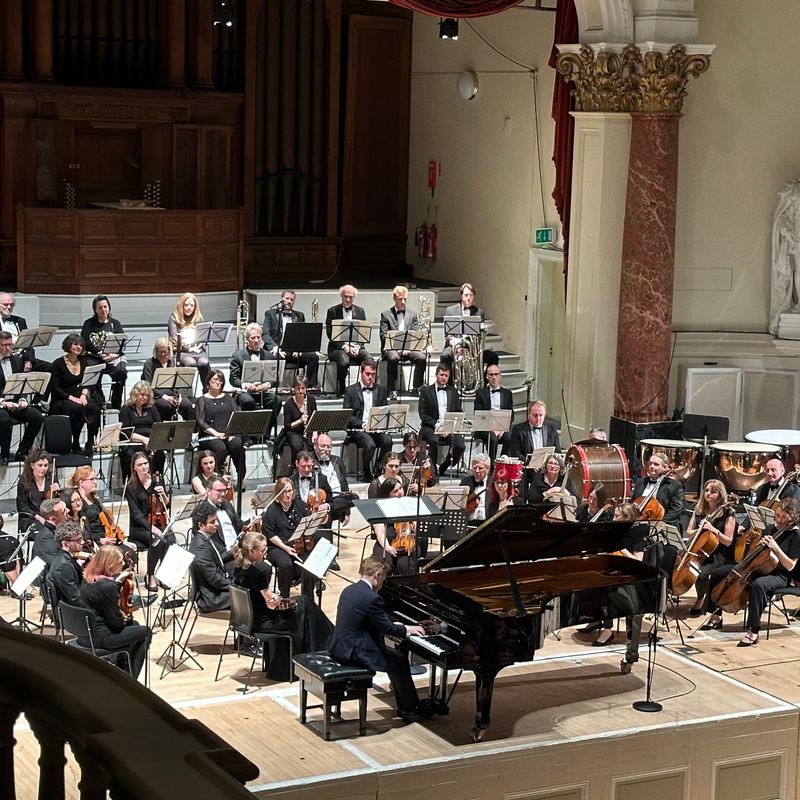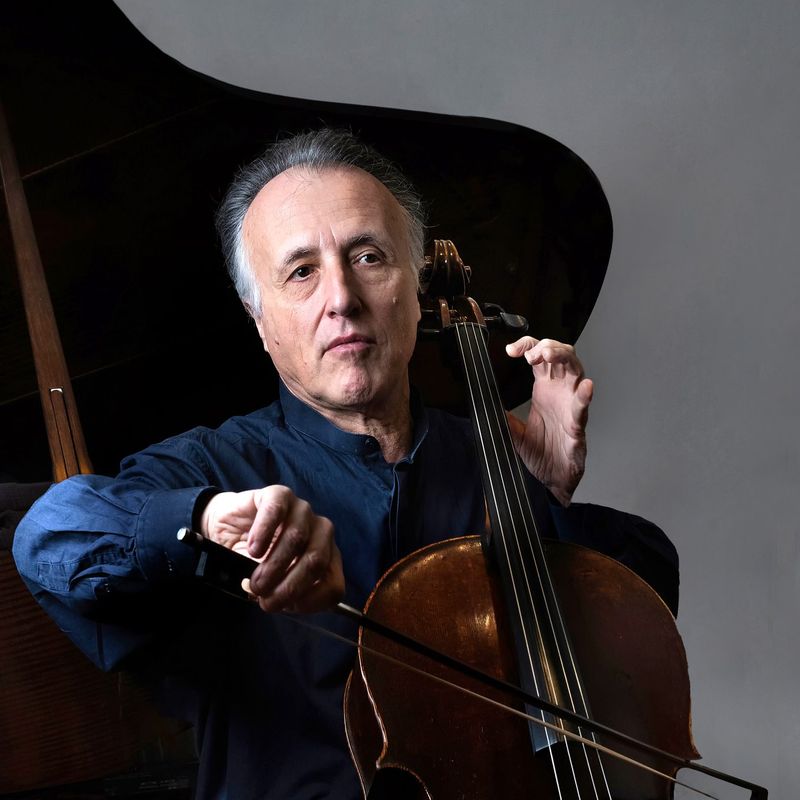

The Clements Prize for Composers

To mark 80 years since the end of the Second World War and the liberation of Auschwitz, Dr Lucy Walker and Dr Simon Callaghan reflect on art born from atrocity. Join us for a morning of talks, music and reflection to explore musical works created in violent and devastating circumstances, and consider both their context and legacy.
Viktor Ullman's 7th Piano Sonata was composed in August 1944 at the Theresienstadt Concentration Camp, just two months before the composer was murdered at Auschwitz.

A special programme from cellist Raphael Wallfisch and pianist Dr Simon Callaghan, including Frank Bridge’s Cello Sonata and Britten’s Elegy for Solo Cello.
This evocative programme continues our Britten Weekend reflection on the 80th anniversary of the end of the Second World War and the liberation of concentration camps.
Frank Bridge’s Cello Sonata, composed during the First World War, embodies his deep despair over the futility of war. Contrasting movements span lyrical passages and intense dissonance, mirroring the emotional turmoil of the time. Britten’s Elegy for solo cello, originally written for viola, was composed as a tribute to the memory of Bridge, his teacher.
The programme also includes works by Henriëtte Bosmans and John Ireland, offering a poignant reflection on the impact of war and the enduring power of music to express collective memory and resilience.

A special programme from cellist Raphael Wallfisch and pianist Dr Simon Callaghan, including Frank Bridge’s Cello Sonata and Britten’s Elegy for Solo Cello.
This evocative programme continues our Britten Weekend reflection on the 80th anniversary of the end of the Second World War and the liberation of concentration camps.
Frank Bridge’s Cello Sonata, composed during the First World War, embodies his deep despair over the futility of war. Contrasting movements span lyrical passages and intense dissonance, mirroring the emotional turmoil of the time. Britten’s Elegy for solo cello, originally written for viola, was composed as a tribute to the memory of Bridge, his teacher.
The programme also includes works by Henriëtte Bosmans and John Ireland, offering a poignant reflection on the impact of war and the enduring power of music to express collective memory and resilience.